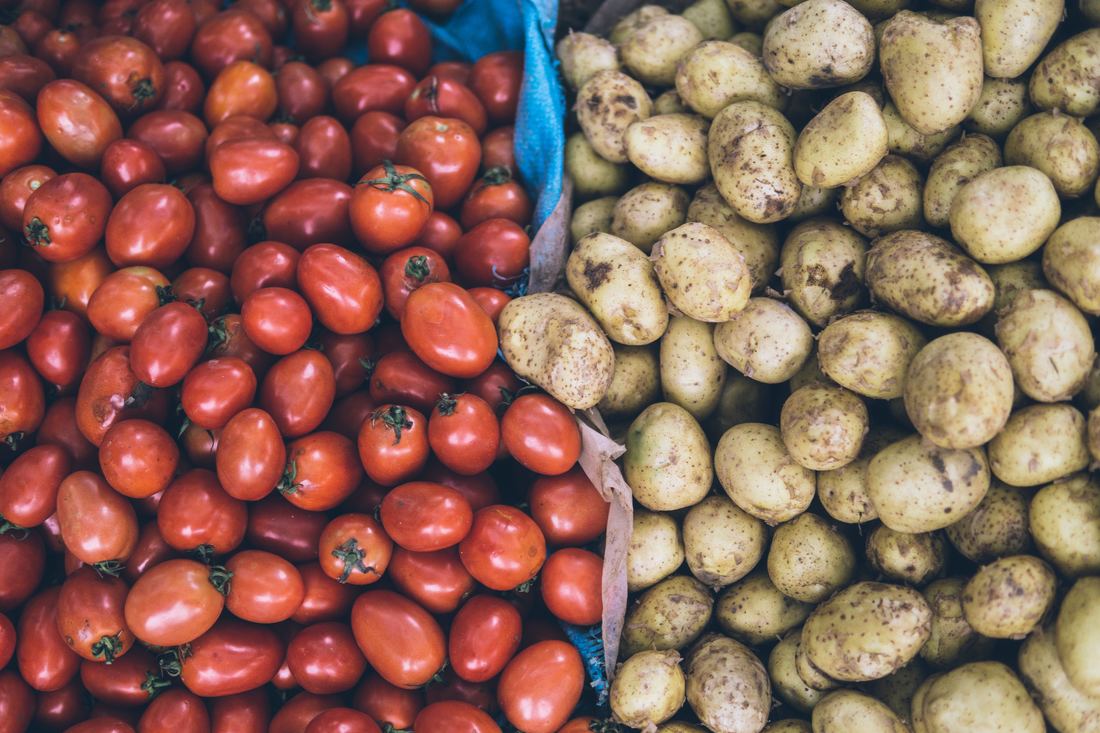|
Another shooting incident at a high school leads to the by now all-too-familiar triage of support trying to cope with the aftermath. But it's not enough:
"Among kids exposed to traumatic violence, short-term symptoms immediately after such incidents include trouble focusing, managing emotions, and negotiating relationships. The effects of childhood trauma also show up later in life: As adults, children who witnessed violence will be more likely to suffer from depression, deal with substance abuse, and struggle with obesity."1 The long-term effects include far more than the few listed. As adults, those of us exposed to traumatic violence are more likely to suffer from illness, anxiety, employee absenteeism, and ultimately a shortened lifespan. It raises our risk levels on the ACE test, a test of childhood adversity. Why? Because these events are locked in our body until we process and release the emotional learning around them. Emotional learning is the most important evolutionary advantage for a social species like humans, and not one drop of it is wasted. We're not taught how to learn emotionally; in fact, we are taught to stuff emotions and move on. These emotions are neurochemicals that lodge in our bodies. In quantity, neurochemicals are inflammatory and inflammation leads to disease, so we're more likely to develop illness if we have traumatic backgrounds. Still, people self-medicate. Delving into the unconscious seems too scary. But what if you could easily learn from emotions? What if they're not just a hodgepodge of random, tangled-up bad feelings? What if feeling them reduces your stress? What if doing this allows you to do better on tests, perform better at work, reduces pain, reduces the amount of time you spend sick, and increases your emotional intelligence? That's what I've found acupressure does. I've used myself as a guinea pig. I'm a poster child for childhood trauma; my dad was an active duty US Air Force C-130 pilot in the Vietnam War and I was born during the war. I was constantly sick, I had chronic Epstein Barr, I had leaky gut, I had an autoimmune illness. I'm convinced this is what humanity needs to keep evolving: spending more time in the cortex and prefrontal cortex. Stress puts us into the brain stem and emotional brain. It has us in survival mode. Success belongs to those in cortex-mode, which is executive thinking. Care to try it? Check out my YouTube channel. I demonstrate some basics that will have you making improvements in your quality of life immediately. I also teach it. You can sign up for one class or for the series. Check out my classes in PanHarmonic Healing® here, in Brain Gym® here, and in Touch for Health here. I think all three make the best combination for self-healing I've found. For most of us, childhood held some trauma. Why not give yourself the gift of freedom from the past? You'll still be yourself; you'll just get to spend more and more time in a good head space, relaxed, and experiencing more joy than you thought was possible.
0 Comments
-photo by Linh Pham on Unsplash
I watched the video at this website again today: http://cutthecravings.com, and thought I'd write about it. The link leads to a video by Dr. Steven Gundry, who wrote The Plant Paradox, warning about the dangers of lectins. Lectins are anti-nutrients, a type of carbohydrate-binding protein that some plants use to protect themselves against overgrazing. Lectins can kill off insects. In humans, the impact isn’t immediate, but can lead to leaky gut, joint aches, diabetes, obesity, and more. This is an infomercial video, but it’s got some good information. I think the prebiotic he’s selling would be a good support for people dealing with health issues like leaky gut or IBS, as well as for recovering addicts, but it’s not cheap, something like $50 for a month’s supply per person if one buys it in quantity. The info is helpful though, so here you go: To save you the trouble of watching (it’s an hour long), according to Dr. Gundry the bad “health foods” we should reduce or avoid are: 1. All nightshades* (tomatoes, potatoes, eggplants, bell peppers, tomatillos)—although Roma tomatoes are fine if we squeeze out the seeds and discard the skin by dipping in boiling water and peeling it off, as the lectins are in the seeds and skin of tomatoes. 2. Beans* (according to Dr. Gundry, undercooked beans are responsible for 20% of the food poisoning in the US because of high lectin content. From government food safety websites, I’ve learned that incorrectly cooked kidney beans in particular are so high in lectins that they can theoretically kill. https://www.fda.gov/Food/FoodborneIllnessContaminants/CausesOfIllnessBadBugBook/default.htm. Undercooking them makes them more dangerous than they are in their raw state. I’ve completely stopped using kidney beans, especially since I don’t like them anyway... 3. Cashews* (these are actually a bean) 4. Peanuts* (can cause colon cancer in men) 5. Whole grains/any grains*. Lectin content is higher in whole grains than in processed flours. *Note that peeling and deseeding nightshades, cucumbers, and squash will get rid of the high lectin content. Fermenting high lectin foods helps too. **Note that soaking and sprouting beans and grains can reduce lectin content significantly, but be careful of possible mold contamination. Superfood we should eat every day: prebiotics like acacia fiber, agave inulin, or plantain flour. (Plantain flour still has high lectin content according to some, but it's lower than the amount in raw potato starch. Some people do not respond well to acacia fiber or agave inulin, so I'm listing plantain as an alternative.) Be careful to go slow when starting prebiotics, as it can cause lots of gas and intestinal discomfort if not... 3 healthy treats from a lectin standpoint: dark chocolate, coffee, extra virgin olive oil. (Be careful with dark chocolate if you suspect you have a problem with oxalates!) Artificial sweeteners: Duke University researchers found 1 packet of Splenda kills 50% of the microbes in your gut. If you drink a diet soda, you are killing 50% of your microbes, which take 2 years to grow back. Dr. Gundry recommends stevia only. I don’t use Truvia, just the natural whole stevia like Sweet Leaf products. I didn’t like the taste of stevia at all at first, and made the switch by adding a few drops at a time in with honey. Over time, my morning tea had half stevia in it, and then eventually only stevia. There is still a lot of controversy about the importance of avoiding lectins. It may be that it's most important for those who are already in poor health in order to rebuild their health. In my case, I know my main issue is with oxalates. I am focusing on that. When I manage to eat a low oxalate diet, I have no pain. It's important to reduce oxalate intake gradually, because dumping oxalate can theoretically kill a person. I highly recommend Susan Owen's Facebook group "Trying Low Oxalates" if you are struggling with pain or fatigue. Warmly, Elizabeth --Photo by Arthur Aldyrkhanov on Unsplash
Dr Katherine Reed, biochemist and mother of five, knew something was wrong with her youngest daughter, Brooke. Once Brooke was diagnosed with autism, her mother was determined to help her. Through research and trial and error, she learned how to help Brooke: by switching what she ate to entirely unprocessed food. If you are wondering if your child's autism symptoms could be helped by changing his or her diet, and wondering if the effort is worth it when life is hard enough already, here is one woman's journey. She is passionate about helping others understand the differences that it's made for her daughter, and what it might mean for your child. Her daughter had been on track for being unable to be cared for at home, yet now is functioning normally. In this video, you'll also learn how removing MSG can help reduce symptoms of a wide range of diseases and disorders of the body including anxiety, depression, bipolar, Alzheimer's, diabetes (type 1&2), obesity, Parkinson's, OCD, Tourette's, sensory integration disorder and beyond. Specifics of these are mentioned at the 7:30 minute mark. Watch the video here: Here's a helpful MSG chart here: Warmly, Elizabeth |
AuthorElizabeth Morse Archives
January 2024
Categories
All
|


